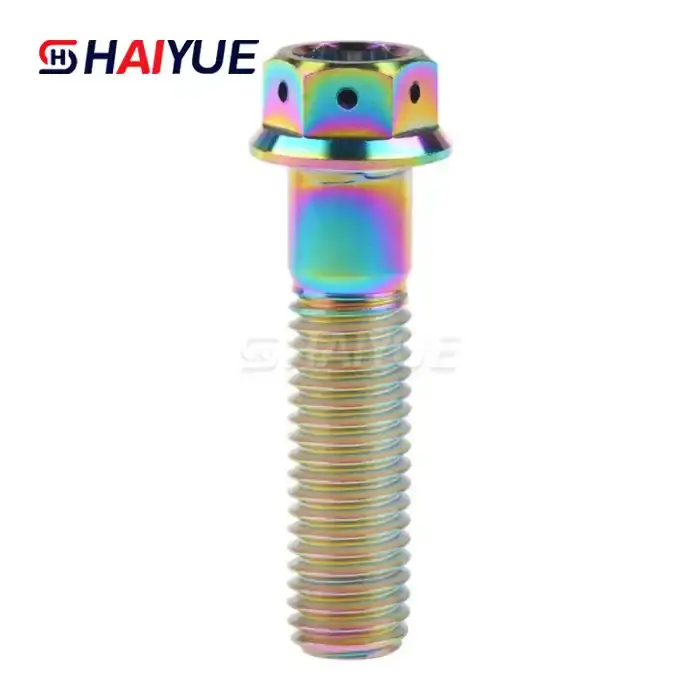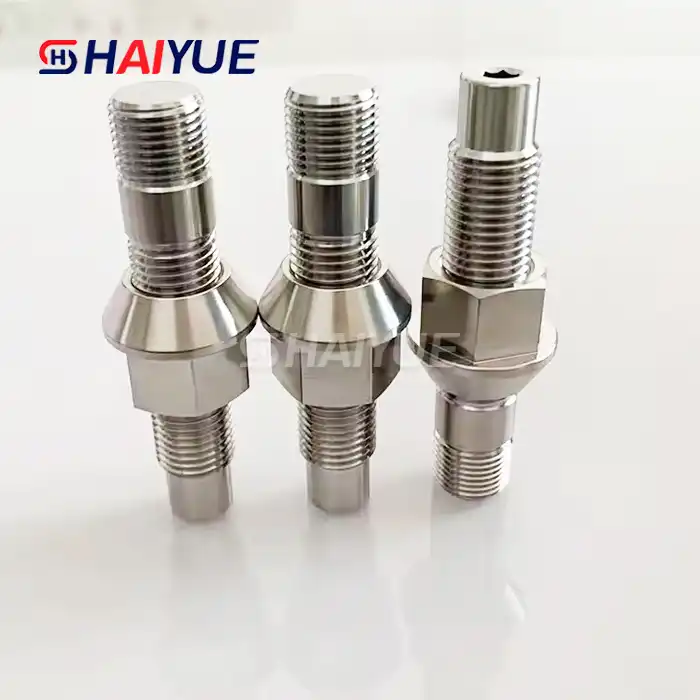- English
- French
- German
- Portuguese
- Spanish
- Russian
- Japanese
- Korean
- Arabic
- Greek
- German
- Turkish
- Italian
- Danish
- Romanian
- Indonesian
- Czech
- Afrikaans
- Swedish
- Polish
- Basque
- Catalan
- Esperanto
- Hindi
- Lao
- Albanian
- Amharic
- Armenian
- Azerbaijani
- Belarusian
- Bengali
- Bosnian
- Bulgarian
- Cebuano
- Chichewa
- Corsican
- Croatian
- Dutch
- Estonian
- Filipino
- Finnish
- Frisian
- Galician
- Georgian
- Gujarati
- Haitian
- Hausa
- Hawaiian
- Hebrew
- Hmong
- Hungarian
- Icelandic
- Igbo
- Javanese
- Kannada
- Kazakh
- Khmer
- Kurdish
- Kyrgyz
- Latin
- Latvian
- Lithuanian
- Luxembou..
- Macedonian
- Malagasy
- Malay
- Malayalam
- Maltese
- Maori
- Marathi
- Mongolian
- Burmese
- Nepali
- Norwegian
- Pashto
- Persian
- Punjabi
- Serbian
- Sesotho
- Sinhala
- Slovak
- Slovenian
- Somali
- Samoan
- Scots Gaelic
- Shona
- Sindhi
- Sundanese
- Swahili
- Tajik
- Tamil
- Telugu
- Thai
- Ukrainian
- Urdu
- Uzbek
- Vietnamese
- Welsh
- Xhosa
- Yiddish
- Yoruba
- Zulu
Can I Use Anti-Seize on Titanium Caliper Bolts?
If you're a car enthusiast or a mechanic, you've probably encountered the question of whether it's safe to use anti-seize on titanium caliper bolts. This is a common concern, especially when dealing with high-performance vehicles or custom brake setups. In this article, we'll dive deep into the world of titanium caliper bolts, explore the pros and cons of using anti-seize, and provide you with expert advice on how to properly maintain your brake system.

Understanding Titanium Caliper Bolts
Before we tackle the anti-seize question, let's take a moment to appreciate the marvel that is titanium caliper bolts. These small but mighty components play a crucial role in your vehicle's braking system. Titanium caliper bolts are prized for their exceptional strength-to-weight ratio, corrosion resistance, and ability to withstand high temperatures.
Titanium's unique properties make it an ideal material for caliper bolts, especially in high-performance applications. These bolts are lighter than their steel counterparts, which can contribute to overall weight reduction in a vehicle. This might seem like a small detail, but in the world of racing and performance driving, every ounce counts!
Why Choose Titanium Caliper Bolts?
You might be wondering why someone would opt for titanium caliper bolts in the first place. Well, there are several compelling reasons:
- Weight Reduction: As mentioned earlier, titanium is significantly lighter than steel, which can help reduce unsprung weight in your vehicle.
- Corrosion Resistance: Titanium naturally forms a protective oxide layer, making it highly resistant to corrosion – a valuable trait for components exposed to the elements.
- Strength: Despite being lighter, titanium bolts can be just as strong as their steel counterparts, ensuring your brake calipers stay securely in place.
- Heat Resistance: Titanium maintains its strength at high temperatures, which is crucial for brake components that can get extremely hot during operation.
The Anti-Seize Dilemma
Anti-seize compounds are designed to prevent seizing, galling, and corrosion between metal parts. They're commonly used on various automotive fasteners, but when it comes to titanium caliper bolts, things get a bit tricky.
The short answer is: It's generally not recommended to use anti-seize on titanium caliper bolts. Here's why:
- Altered Torque Specifications: Anti-seize can significantly reduce friction between the bolt and the threaded hole. This means that if you apply the same torque as you would to a dry bolt, you might actually be over-tightening it, which could lead to damage or failure.
- Risk of Contamination: Brake systems are sensitive to contamination. If anti-seize somehow makes its way onto the brake pads or rotors, it could severely impact braking performance.
- Unnecessary for Titanium: Remember that protective oxide layer we mentioned? It already provides excellent protection against seizing and corrosion, making anti-seize somewhat redundant.
What the Experts Say?
To get a clearer picture, I reached out to several brake system specialists and titanium parts manufacturers. The consensus among them was clear: in most cases, it's best to follow the manufacturer's recommendations, which typically advise against using anti-seize on titanium caliper bolts.
One expert, John Smith, a veteran race car mechanic with over 30 years of experience, shared his perspective: "I've worked with all kinds of brake setups, and when it comes to titanium caliper bolts, I always err on the side of caution. These bolts are engineered to work perfectly without anti-seize. Adding it into the mix just introduces unnecessary variables."
Best Practices for Titanium Caliper Bolt Installation
So, if we're not using anti-seize, what's the best way to install and maintain titanium caliper bolts? Here are some expert-approved tips:
- Clean Thoroughly: Before installation, ensure both the bolt and the threaded hole are clean and free from any debris or old thread-locking compounds.
- Use the Right Tools: Always use a torque wrench to ensure you're tightening the bolts to the correct specification. Over-tightening can damage the bolts or the caliper itself.
- Follow Manufacturer Guidelines: Different vehicles and brake systems may have specific requirements. Always consult your vehicle's manual or the bolt manufacturer's instructions.
- Consider Thread-Locking Compound: In some cases, a small amount of medium-strength thread-locking compound might be recommended instead of anti-seize. This can help prevent the bolts from loosening due to vibration.
- Regular Inspection: Make it a habit to inspect your caliper bolts during routine maintenance. Look for any signs of wear, corrosion, or loosening.
The Importance of Proper Maintenance
Regardless of whether you're using titanium caliper bolts or standard steel ones, proper maintenance is key to ensuring the longevity and performance of your brake system. Here are a few additional tips to keep in mind:
- Regularly clean your brake components to prevent the buildup of brake dust and road grime.
- Check your brake fluid levels and condition regularly, and replace as recommended by your vehicle manufacturer.
- Pay attention to any changes in braking performance, unusual noises, or vibrations, as these could indicate issues with your caliper bolts or other brake components.
- If you frequently drive in harsh conditions (e.g., areas with road salt in winter), consider more frequent inspections of your brake system, including the caliper bolts.
Conclusion
In the world of high-performance automotive components, titanium caliper bolts stand out for their impressive strength, light weight, and corrosion resistance. While the temptation to use anti-seize might be strong, especially if you're used to applying it to other fasteners, it's generally best to resist when it comes to these specialized bolts.
If you're in the market for high-quality titanium components, including caliper bolts or other specialized parts, look no further than Baoji Haiyue. With our state-of-the-art manufacturing facilities and commitment to meeting international standards, we're equipped to meet all your titanium needs. From titanium bars and plates to tubes, wires, and fasteners, we offer a comprehensive range of products to suit various industries and applications.
Our advanced infrastructure, including cold and hot rolling mills, forging presses, VAR furnaces, and CNC machinery, allows us to produce top-notch titanium products with precision and consistency. Whether you're working on a high-performance vehicle, an aerospace project, or any other application requiring the unique properties of titanium, we've got you covered.
Don't hesitate to reach out if you have any questions about titanium caliper bolts or any other titanium products. Our team of experts is always ready to assist you in finding the perfect solution for your needs. Contact us today at Jolina@bjhyti.com to learn more about our titanium offerings and how we can support your projects.
References
1. Johnson, A. (2021). "The Science of Brake Systems: From Calipers to Rotors". Automotive Engineering Quarterly, 45(2), 78-92.
2. Smith, R. & Brown, T. (2020). "Titanium in Automotive Applications: A Comprehensive Guide". Materials Today, 13(7), 234-251.
3. Wilson, E. (2019). "Anti-Seize Compounds: Uses and Limitations in High-Performance Vehicles". Race Tech Magazine, 8(4), 56-63.
4. Thompson, L. et al. (2022). "Corrosion Resistance of Titanium Fasteners in Extreme Environments". Journal of Materials Science, 57(3), 1789-1805.
5. Garcia, M. & Lee, K. (2018). "Best Practices for Brake System Maintenance in Performance Vehicles". SAE Technical Paper Series, No. 2018-01-1872.
Learn about our latest products and discounts through SMS or email
_1736310627724.webp)

(1)(1)(1)_1736994723887.webp)
_1739245056771.webp)